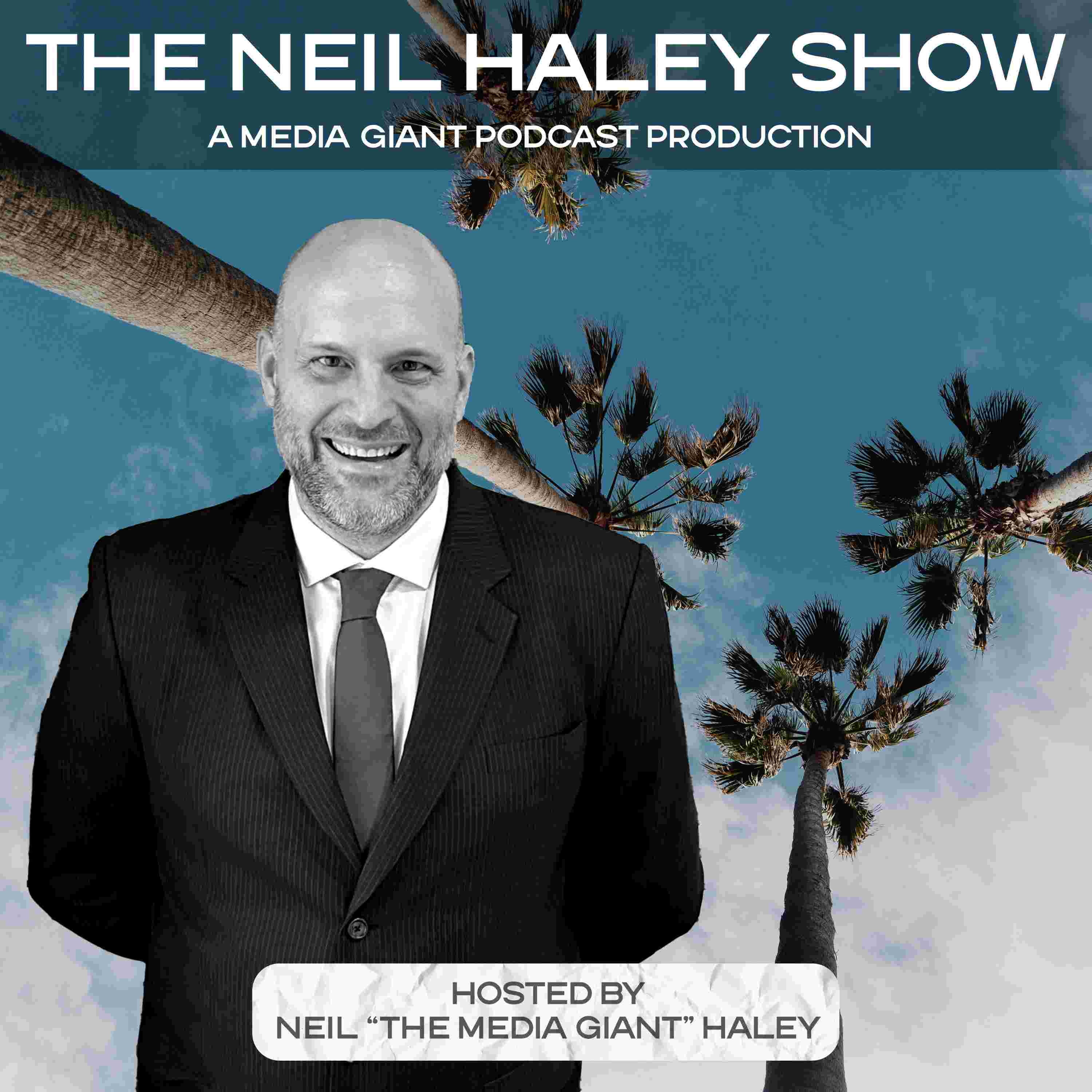

Mark McKinney on Superstore, PBM Revolution, and an Entrepreneur’s Recovery Through Slingshots
Episode Summary:
In this powerhouse episode of The Neil Haley Show (October 14, 2025), Neil dives into the worlds of entertainment, healthcare reform, entrepreneurship, and financial strategy with guests who redefine resilience and innovation.
🎭 Mark McKinney – comedy legend from Kids in the Hall and star of NBC’s Superstore – shares how he brought to life Glenn Sturgis, the optimistic yet quirky store manager. McKinney opens up about his “bold acting choice” behind Glenn’s signature voice, the magic of the cast’s first read-through, and how Superstore became a mirror to America’s modern-day “town square.”
💊 Kyle Fields, founder of Appro Rx, exposes the hidden corruption in the Pharmacy Benefit Manager (PBM) world—where the “Big Three” quietly control prescription costs. Fields reveals how Appro Rx saves clients up to 30% by cutting out conflicts of interest and pushing transparency. Of the $350 billion in 2024 manufacturer rebates, he says, less than 20% reached clients—something his model is changing for good.
🏥 Tom Quigley, co-founder of ClaimLinx, breaks down how healthcare is shifting into a subscription-based model—where companies can finally control costs and employees can enjoy unlimited doctor visits for one flat monthly fee. His insights on Medical Expense Plans (MEPs) and tax-free hybrid designs prove that affordable healthcare doesn’t have to mean inferior care.
🎯 Andrew Cislo, sociologist and entrepreneur, shares his remarkable recovery story that led to the creation of Fork + Band Slingshot—a 3,100-square-foot, alcohol-free, family-friendly slingshot studio in Connecticut. What began as personal rehabilitation evolved into a thriving community hub teaching focus, mindfulness, and fun to all ages.
💼 Michael Aguas, financial strategist, closes the show with a masterclass in tax-free wealth building. He walks listeners through a real-world case where two pharmaceutical partners saved $3 million using a 412(e)(3) defined benefit plan—transforming $622,000 in annual contributions into guaranteed retirement income and over $5 million in life insurance protection, all without market risk.